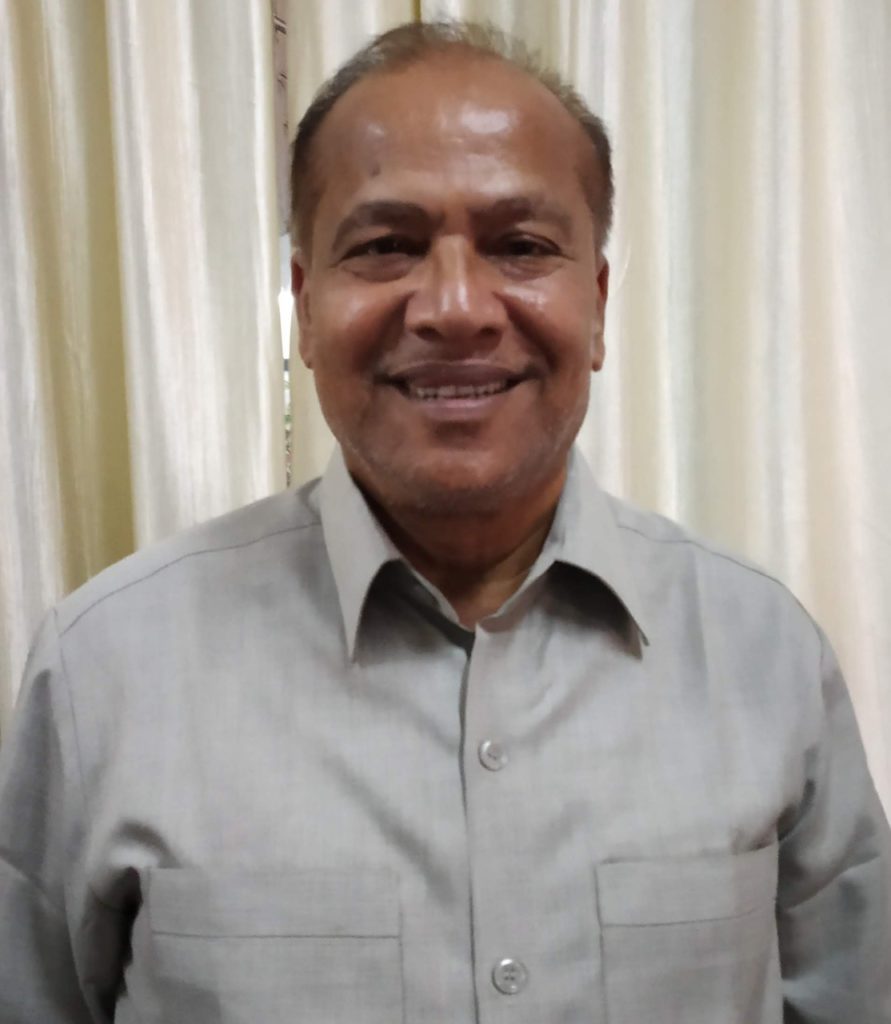MANAGEMENT PRINCIPLES AND APPLICATIONS
Course Attendees
Still no participant
Course Reviews
Still no reviews
Course Name : Management Principles And Applications
Code(Credit) : BBAR1103(4-1-1)
Course Objectives
To enable the students to study the evolution of Management
• To study the functions and principles of management.
• To learn the application of the principles in an organization.
• To enable the effective and barriers communication in the organization
• To study the system and process of effective controlling in the organization.
Course Outcome:
At the end of the course, the student will be able to:
• Have clear understanding of managerial functions like planning, and have same basic
knowledge on international aspect of management
• Understand the planning process in the organization
• Understand the concept of organization
• Demonstrate the ability to directing ,leadership and communicate effectively
• Analysis isolate issues and formulate best control methods
Course Syllabus
Unit-1: Introduction
a. Concept: Need for Study, Managerial Functions – An overview; Co-ordination:
Essence of Managership
b. Evolution of the Management Thought, Classical Approach – Taylor, Fayol, NeoClassical and Human Relations Approaches – Mayo, Hawthorne Experiments,
Behavioural Approach, Systems Approach, Contingency Approach –
Lawerence&Lorsch, MBO - Peter F. Drucker, Re-engineering - Hammer and Champy,
Michael Porter – Five-force analysis, Three generic strategies and valuechain,
analysis, Senge’s Learning Organisation, ‘Fortune at the Bottom of the Pyramid’ – C.K.
Prahalad.
Unit 2: Planning
a. Types of Plan – An overview to highlight the differences
b. Strategic planning – Concept, process, Importance and limitations
c. Environmental Analysis and diagnosis (Internal and external environment) –
Definition, Importance and Techniques (SWOT/TOWS/WOTS-UP, BCG Matrix,
Competitor Analysis), Business environment; Concept and Components
d. Decision-making – concept, importance; Committee and Group Decision-making,
Process, Perfect rationality and bounded rationality, Techniques (qualitative and
quantitative, MIS, DSS)
Unit 3: Organising
Concept and process of organising – An overview, Span of management, Different
types of authority (line, staff and functional), Decentralisation, Delegation of
authority Formal and Informal Structure; Principles of Organising; Network
Organisation Structure
Unit 4: Staffing & Leading
a. Staffing: Concept of staffing, staffing process
b. Motivation: Concept, Importance, extrinsic and intrinsic motivation; Major
Motivation theories - Maslow’s Need-Hierarchy Theory; Hertzberg’s Two-factor
Theory, Vroom’s Expectation Theory.
c. Leadership: Concept, Importance, Major theories of Leadership (Likert’s scale
theory, Blake and Mouten’s Managerial Grid theory, House’s Path Goal theory, Fred
Fielder’s situational Leadership), Transactional leadership, Transformational
Leadership, Transforming Leadership.
d. Communication: Concept, purpose, process; Oral and written communication;
Formal and informal communication networks, Barriers to communication,
Overcoming barriers to communication.
Unit 5: Controlling
a. Control: Concept, Process, Limitations, Principles of Effective Control, Major
Techniques of control - Ratio Analysis, ROI, Budgetary Control, EVA, PERT/CPM.
b. Emerging issues in Management
Session 51
DOUBT CLEARING CLASS-1
Session 52
DOUBT CLEARING CLASS-2
Session 53
DOUBT CLEARING CLASS-3
Session 55
Doubt clearing class-5
Case Studies
Case Studies
Our Main Teachers

My qualification is M.Com,LL.B,MBA,CAIIB(certified Indian Institute of Bankers). I started my career as a Lecturer in commerce (UGC PAY),appointed by DPI (HE) Odisha in 1978.I opted for Probationary officer in 1982.I started my career as a national Faculty of NIIT in 2012 imparting training to Bank officers PAN India both Retail and Corporate. I joined […]


Recent Comments